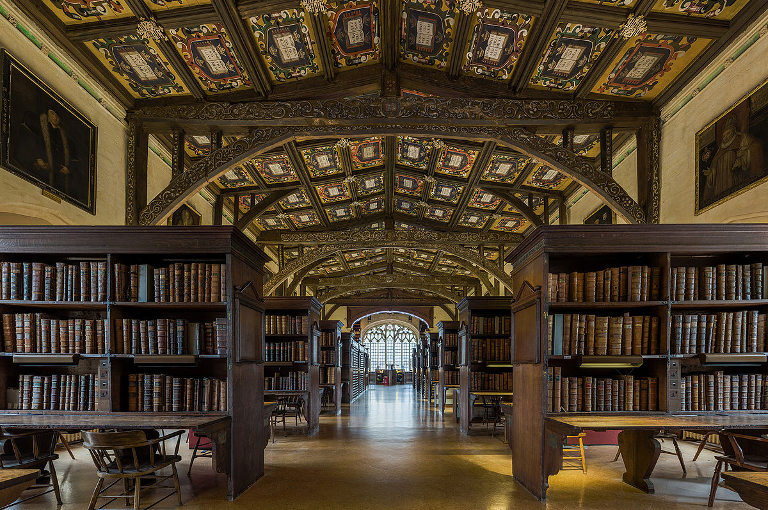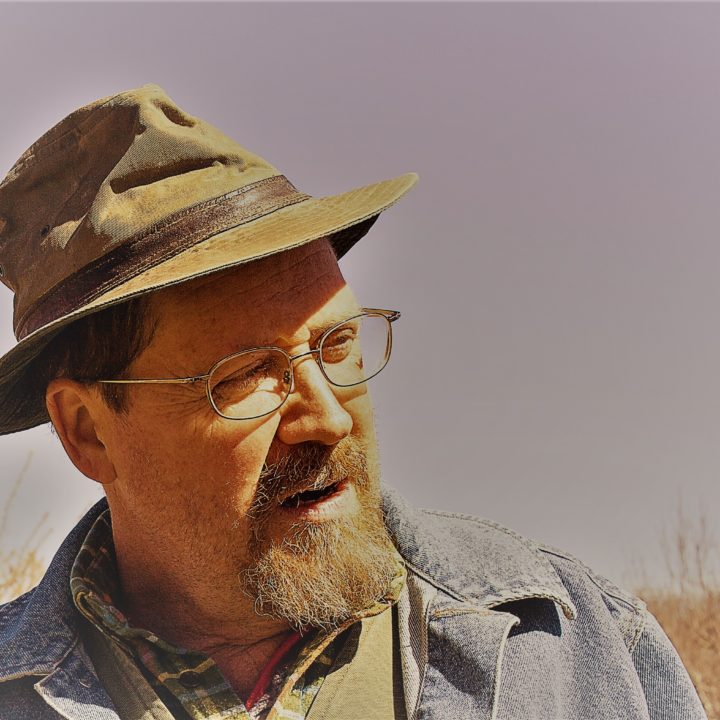We were chatting one day as we built a fence line, me and the kid. He had been working with me every Saturday for close to five years and was closing in on his 20th birthday. I knew the broad outlines of his life and relations. So what he told me came as a surprise, when I asked after a grandmother who lived next door to his family. His response was something I’ve pondered many times in the intervening years.
He had never had a significant conversation with his grandmother: did not know how old she was, where she was born, who her people were. He had never stopped by just to sit with her — talk, ask, listen. These two, in and out of one another’s house and life for 20 years, but not once had either exercised the minimum of curiosity called for to learn about the other. Atoms floating together in the cosmos, yet neither magnetized by the familial connection.
That I grew up amidst spoken volumes of family stories is often referenced in these pages. It’s an experience that is not at all unusual. My partner comes from a similar background, as do most of my peers of a similar age. We all were surrounded by memory keepers. But I wonder, is that a tradition that is now ending?
My aunt, who will soon be 99, is by inclination, ability, and longevity a memory keeper for my family. A woman who still recalls the names and gifts of each person who gave her a wedding present in 1945 is someone to be respected. As important as the capacity to recall such ephemera of one’s life are the ability and willingness to be a storyteller, to be the person who weaves the details of personal experience into a meaningful narrative that sheds light on class, history, family, and place.
The role of memory keeper is as old as our race, but its status in these times is precarious. Our ongoing political project of individual liberty, supported by our technological self-absorption, has freed us from the connections of those who came before. The courtesies of community are now left to be redefined by an ever more ambitious globalism. The struggle of the modern has become one of repudiation of place and a need for constant reinvention. The result is that we no longer belong. We are left floating unmoored, selecting a story to tell that has been personalized for us by others — complete with a “who” we have decided to be in this moment, cut off from embarrassments of birth, childhood, parentage, scrubbed clean of politically incorrect markers.
We have become too prideful of who we are as individuals, too ignorant in self-interest to want to understand, let alone embrace, the intricate web that defines us. In truth, we see no web. We pretend a text message is the same as a lunch with a friend. We believe a wave of the hand sufficient substitute for a face-to-face with a grandmother or grandfather, aunt or uncle, niece or nephew.
Even dinners and evenings sitting on a screened porch now leave no place for the elders to share their stories: The great floods. The first and second world wars. How my grandfather lost his business, farm, and fortune to the Depression, yet still managed to support his family by taking work with the New Deal’s Civilian Conservation Corps. Without those slow evenings, I would have missed out on playing checkers with that same grandfather. Missed out on learning how to lose the game and still win. Because, while he hooted with laughter and hollered “Run piggy, run!” as he chased my last remaining piece around the board, he also told me stories of family — our heroes and our rascals; told me of his life; taught me who I was. Memory keeping needs time, space, pacing, and checkers even, to flourish. Most important, it needs love.
That we live in a segregated society, walled off from people of a different age and from our own past, is not new. But now, as our memory keeper nears the end of life, few care to know her stories, or their own. A memory keeper needs a listener. And it needs a caretaker, someone willing to take on the responsibility, accept the burden, to tell who we were and still are. That role has become obsolete. It has been handed off to the faceless and unknowable, entrusted to server farms and social media, and we are left with the carefully curated life of the moment.
Now our living, breathing memory keeper is no more. She is rebranded instead as a scrapbooking product sold at Walmart, the oral traditions of the millennia having been reduced to a cheap item bought, stored on a remote shelf, and eventually discarded. That is who we are now, what we have accepted. Yet at what price?
………………………………………………………………
Reading this weekend: Duck Season (McAninch) and more Berry from the Modern Library collection of fiction.






